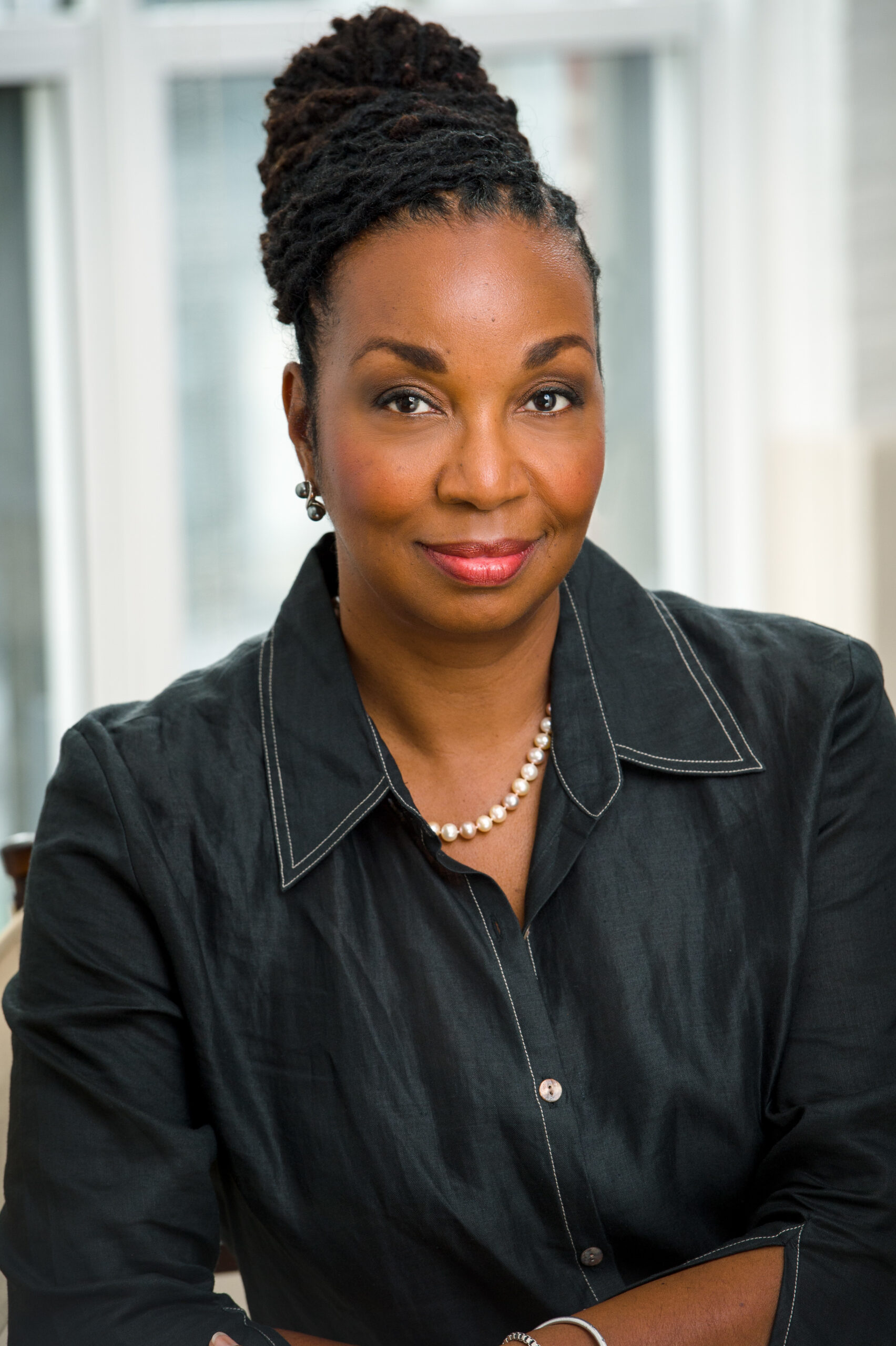By Rev. P. Kimberleigh Jordan, Ph.D.
Jeremiah 31:15 says, “Thus says the Lord: A voice is heard in Ramah, lamentation and bitter weeping. Rachel is weeping for her children; she refuses to be comforted for her children, because they are no more.” There is nothing good about Good Friday. It is a day that memorializes the suffering and death of Jesus of Nazareth over two millennia ago. Known as the Passion of Christ, the story of Jesus’ trial, torture, public execution, and death shapes the meaning of Christian practice and faith around the world today. We remember Jesus’ suffering.
Good Friday is the central day of Holy Week, which marks the end of the 40-day season of Lent on the Christian liturgical calendar. Last month, a close friend shared this meme with me: “This is the Lentiest Lent I have ever Lented.” However the reader interprets these words, the feeling behind them is clear in 2020. She shared the meme early in our U.S. journey with the coronavirus. Since then, my New York City neighbors and I have been legally-mandated to stay home, keep our children home from their school buildings, and maintain six feet of distance between us.
I am doing my best to do what government officials and scientists are requiring. Like many people, I have become more aware of the profound fragility of employment, personal and public finances, and relationships. As the pandemic draws on, I offer prayers for more and more people who have become sick with COVID-19 and I grieve for the souls we have lost to this pandemic. On this Good Friday, our world is suffering.
The text above from the prophet Jeremiah offers a poignant and poetic image of suffering. From the Hebrew Scriptures, this vision of Rachel lamenting and weeping for her “children,” is a window into the depths of Rachel’s grief and pain expressed through her body. I imagine that Rachel’s chest is tight, her head is bowed, her eyes are flowing with tears, she is unable to rest, and her gut is in a knot. In this contemporary time of suffering, I move with empathy toward this image of Rachel.
The coronavirus, through which our world is currently suffering, is an equal opportunity predator. It freely crosses borders, afflicting people of all faiths, genders, locations, and socioeconomic statuses. COVID–19 is the most inclusive factor at work in the world today. No person on earth will remain unaffected by this pandemic.
In an April 7, 2020 OpEd in the New York Times, Thomas Friedman said this: “Most people are playing nice right now managing the virus, the wreckage, pain, and anger it will leave behind will require megadoses of solidarity and healing.” Friedman’s words are true; and right now, I am tired of “playing nice.”
I am weary of putting on a good front, being compliant, and covering my feelings. This Good Friday, while holding the suffering of Jesus close in my heart, I will step into the image of Rachel’s embodied lament. I will weep, wail, and cry for the present days. Weep and mourn with me for friends and family who are no more on this earth because of this damnable virus. Cry for the sake of the elderly and for those held captive in solitude,quarantined for weeks alone. Agonize over first responders, medical professionals, taxi drivers, and grocers who risk their lives to serve the corporeal requirements of their neighbors and communities.
Lament jobs and livelihoods lost and the necessity for children and adults to stand in lines at grocery stores or soup kitchens to get their basic nutritional needs met. Wail for the lost celebrations of high school and college graduations, moving up ceremonies, backyard barbecues, baseball games, ring-around-the-rosie in the playgrounds, baby showers, weddings, and funerals and last rites. Bemoan the learning left undone in classrooms staffed by well-prepared teachers and the absent life rhythms of kid pick-ups and drop-offs, school bus stops, and after school programs.
Weep for our empty houses of worship and people of faith existing at a distance from each other in the absence of “holy hugs” and passing the peace. Despair the lack of adequate healthcare for all and a system of “coverage” that will fail to cover everyone’s need in this time of the coronavirus.
Good Friday is the central day of Holy Week but the Good News is that it is not the end of Holy Week. After crying and lamenting on Good Friday, we will still be socially distant but more connected in spirit and empathetic to humans around the globe. It is my prayer that once we have cried and lamented, we will come face-to-face with the essential identity of the people who follow the suffering Jesus. We are an Easter Sunday people in a Good Friday world.
Our faith is founded on the Good News. The heart of Christian belief is not death, it is life found in the Resurrection. We hope in spite of, during, and after suffering. Christian hope is materialized in the Easter acclamation: “Christ is risen! Hallelujah!” In the midst of the suffering of this present day, let us look with hope for resurrections to come.
P. Kimberleigh Jordan, PhD is the Assistant Professor of Religion, Arts, and Black Studies at Drew University Theological School. She completed her Ph.D. in Performance Studies at New York University’s Tisch School of the Arts, M.Div. at Union Theological Seminary, and B.A. at the University of North Carolina-Chapel Hill. Prior to her academic career, she was a professional dancer and studied on scholarship at the Dance Theatre of Harlem.





